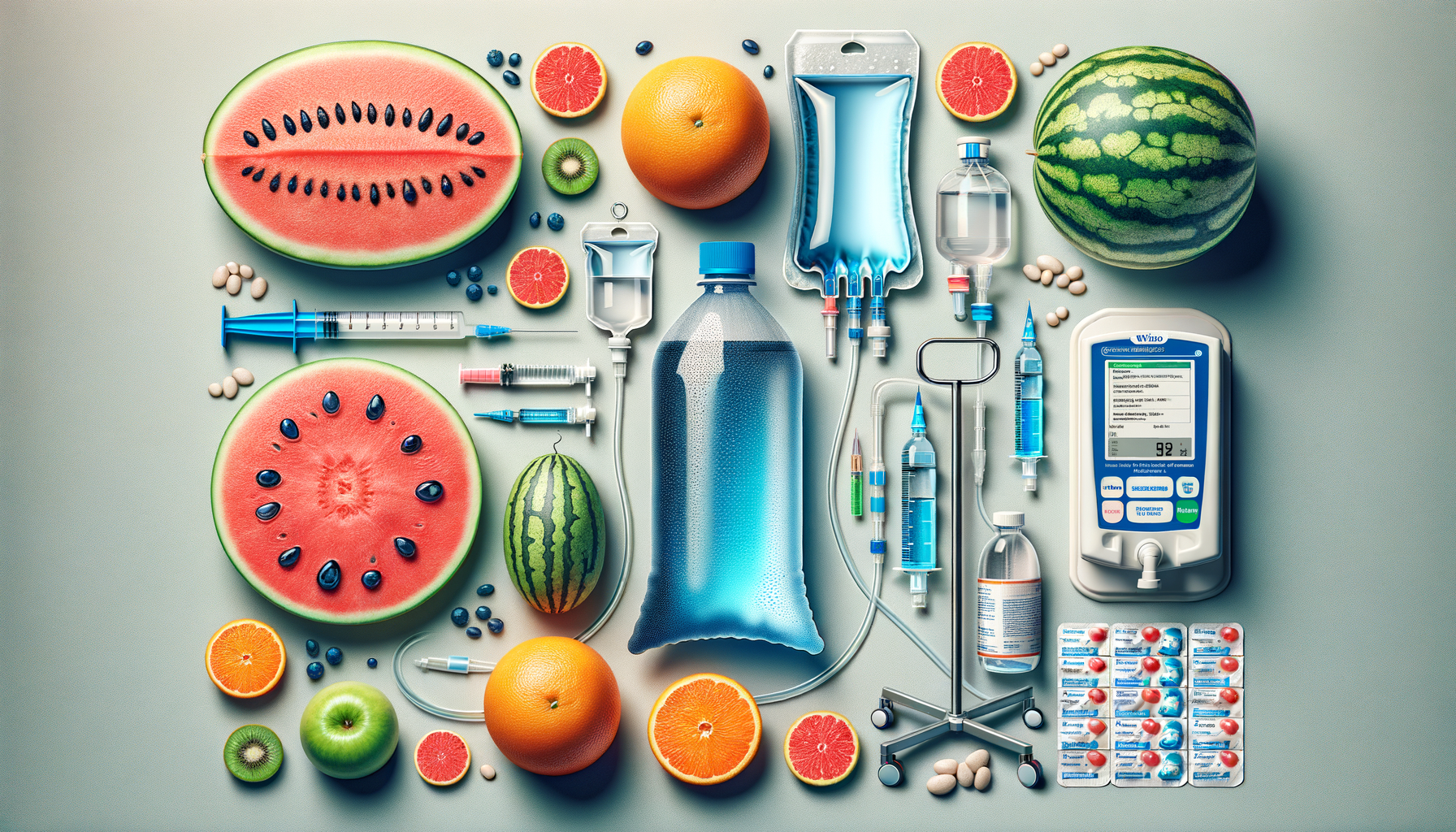
Chronic Dehydration Treatment: Recognizing Symptoms and Effective Care Options
Understanding Chronic Dehydration
Chronic dehydration occurs when the body consistently loses more fluids than it takes in, leading to a persistent state of dehydration. Unlike acute dehydration, which can often be resolved by simply drinking water, chronic dehydration is a long-term condition that can have significant health implications. It’s important to recognize the symptoms early to prevent complications.
The human body is composed of approximately 60% water, which plays a vital role in various bodily functions, including temperature regulation, joint lubrication, and nutrient transportation. When dehydration becomes chronic, these functions are compromised, leading to symptoms such as persistent fatigue, headache, dry skin, and dizziness. In severe cases, it can affect kidney function and cognitive abilities.
Factors contributing to chronic dehydration include inadequate water intake, excessive sweating, certain medications, and underlying health conditions like diabetes. It’s essential to identify and address these factors to effectively manage the condition. Staying informed about the causes and symptoms is the first step towards effective treatment and prevention.
Effective Treatment Options
Treating chronic dehydration requires a comprehensive approach that addresses both the symptoms and the underlying causes. The primary goal is to restore the body’s fluid balance and ensure proper hydration. Here are some effective strategies:
- Increase Fluid Intake: Consistently drinking water throughout the day is crucial. It’s recommended to consume at least eight 8-ounce glasses of water daily, but individual needs may vary based on activity level and climate.
- Electrolyte Solutions: In some cases, water alone may not be sufficient. Electrolyte solutions can help replenish essential minerals like sodium and potassium, which are lost through sweat and urine.
- Dietary Adjustments: Consuming foods high in water content, such as fruits and vegetables, can contribute to overall hydration. Additionally, reducing caffeine and alcohol intake can prevent further dehydration.
Consulting a healthcare professional is advisable, especially if chronic dehydration is linked to an underlying health issue. They can provide personalized recommendations and monitor progress to ensure effective management.
Preventing Chronic Dehydration
Prevention is always better than cure, and this holds true for chronic dehydration. By adopting certain lifestyle changes, individuals can significantly reduce the risk of developing this condition.
One effective preventive measure is to establish a regular hydration routine. Setting reminders to drink water at regular intervals can help maintain adequate fluid levels. It’s also beneficial to carry a water bottle throughout the day to encourage consistent consumption.
Monitoring urine color can be a simple yet effective way to gauge hydration status. Light-colored urine typically indicates proper hydration, while dark urine may signal the need for increased fluid intake. Additionally, being mindful of environmental factors, such as high temperatures and humidity, can help individuals adjust their fluid intake accordingly.
For those with active lifestyles or engaging in intense physical activities, it’s important to replenish fluids lost through sweat. Sports drinks or electrolyte-infused water can be particularly beneficial in these scenarios.
By prioritizing hydration and making informed choices, individuals can effectively prevent chronic dehydration and its associated health risks.